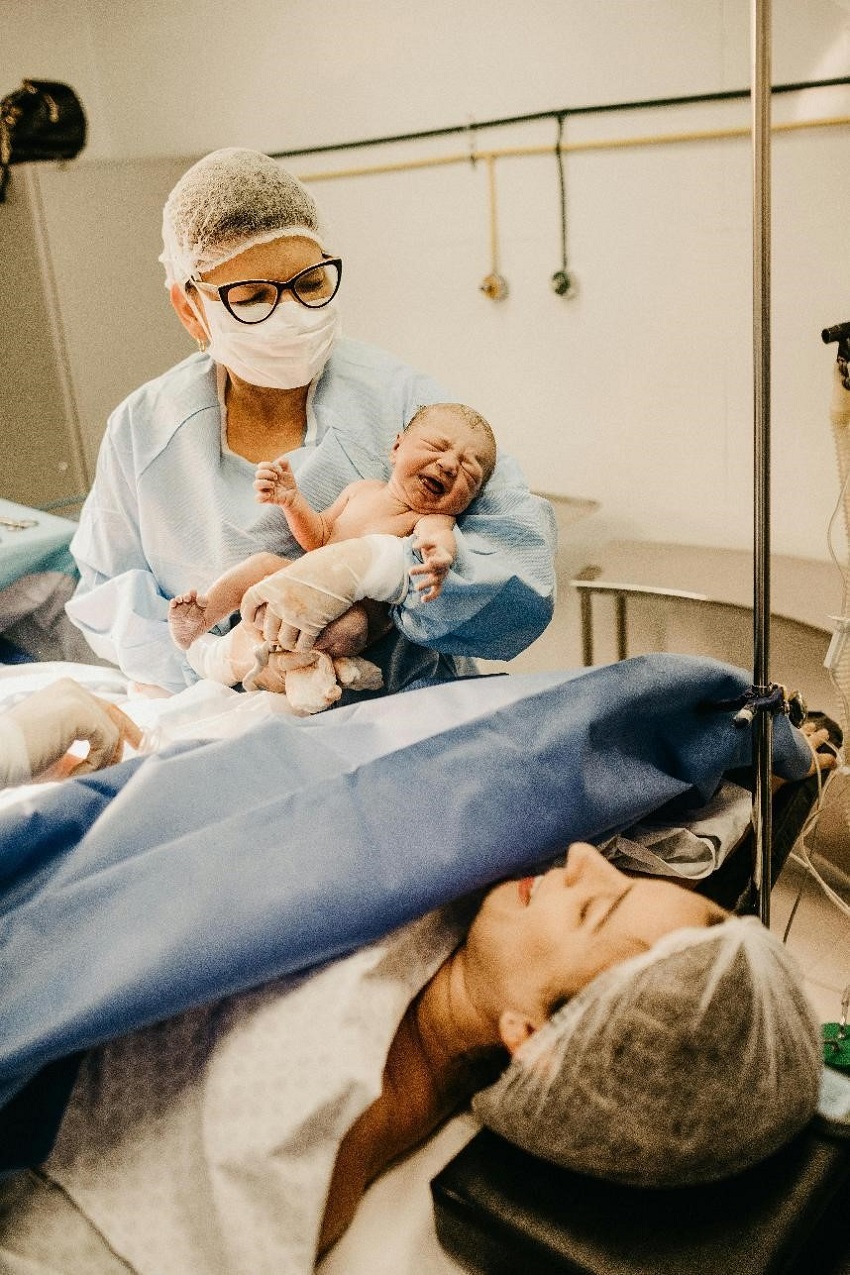Hello! I'm delighted to provide you with exclusive one-on-one consultation.
How can I assist you?
What is the process and cost of egg freezing?


"I decided to freeze my eggs, not because I'm afraid of marriage, and not just because of my career," said Anna, 35, gazing at her surgery schedule. "This might be one of the most important decisions I’ve made for my future fertility freedom."
As women face an increasing number of choices in their careers and lives, egg freezing has gradually transitioned from a specialized medical procedure into a "plan B" for many women. As a form of assisted reproductive technology that freezes eggs to delay fertility, egg freezing allows more women to have greater control over their decisions regarding marriage, childbirth, and careers. Behind this choice, there is not only technological support but also profound social significance.
On the first day of her ovarian stimulation cycle, Anna’s hand trembled slightly as she held the syringe. Following her doctor’s advice, she was required to inject ovulation-stimulating medication for 10 consecutive days to increase the number of eggs retrieved. After injecting the final "trigger shot," Anna finally arrived at the egg retrieval day.
The procedure was performed via vaginal puncture under general anesthesia and lasted only about 20 minutes. Afterward, Anna had 26 eggs frozen. Her doctor told her that this number would be sufficient to support her future fertility plans. "I only felt a slight bloating sensation, and the recovery was very quick, almost no disruption to my work or life," she said lightly.
Data shows that the annual growth rate of egg freezing cases in the U.S. has exceeded 10%. According to a study published in the *Human Reproduction Journal*, from 2011 to 2019, the number of women freezing their eggs globally grew nearly threefold. This trend is also true in China, particularly among women aged 30 to 38, where egg freezing is seen more as an investment in more options for the future.
Dr. Nathan Zhang from IVF USA mentioned that among the clients they work with, over 60% of women freeze their eggs because they have not yet met the right partner, while another 30% indicate that they are in the midst of advancing their careers and do not have time to focus on having children. For women like Anna, the reasons for considering egg freezing are even more varied—wanting to have reproductive options in the future and also wishing to alleviate "fertility anxiety."
As women age, the quality of their eggs declines, making it crucial to choose the right time for egg freezing. Research shows that eggs frozen before the age of 30 have a much higher success rate for pregnancy after thawing than eggs frozen after the age of 35. According to statistics from the *Fertility and Sterility Journal*, women under 35 who freeze more than 15 eggs have a pregnancy success rate of 75% to 90%, whereas the same number of eggs for women over 35 may only have a success rate of around 40%.
Dr. Nathan Zhang recommends that women consider egg freezing between the ages of 28 and 32 to maximize the quality of the eggs and the success rate after future thawing. He also pointed out, "Freezing more than 20 eggs will provide better assurance for fertility reserves."
As a leading institution offering comprehensive assisted reproductive services, IVF USA currently provides services such as egg freezing and IVF in the U.S., with operations extending to countries outside the U.S., including Japan, Thailand, Taiwan, and Hong Kong. They collaborate closely with IVF doctors globally.

Whether you are single, planning your career, or considering health factors, if you wish to learn more about egg freezing, IVF USA and Dr. Nathan Zhang will provide you with professional advice and personalized support, giving you more freedom in your fertility choices.


Online Customer Service

In-Vitro Fertilization (IVF)

Female Egg Freezing

Fertility Assessment

Scan for Consultation

Back to Top